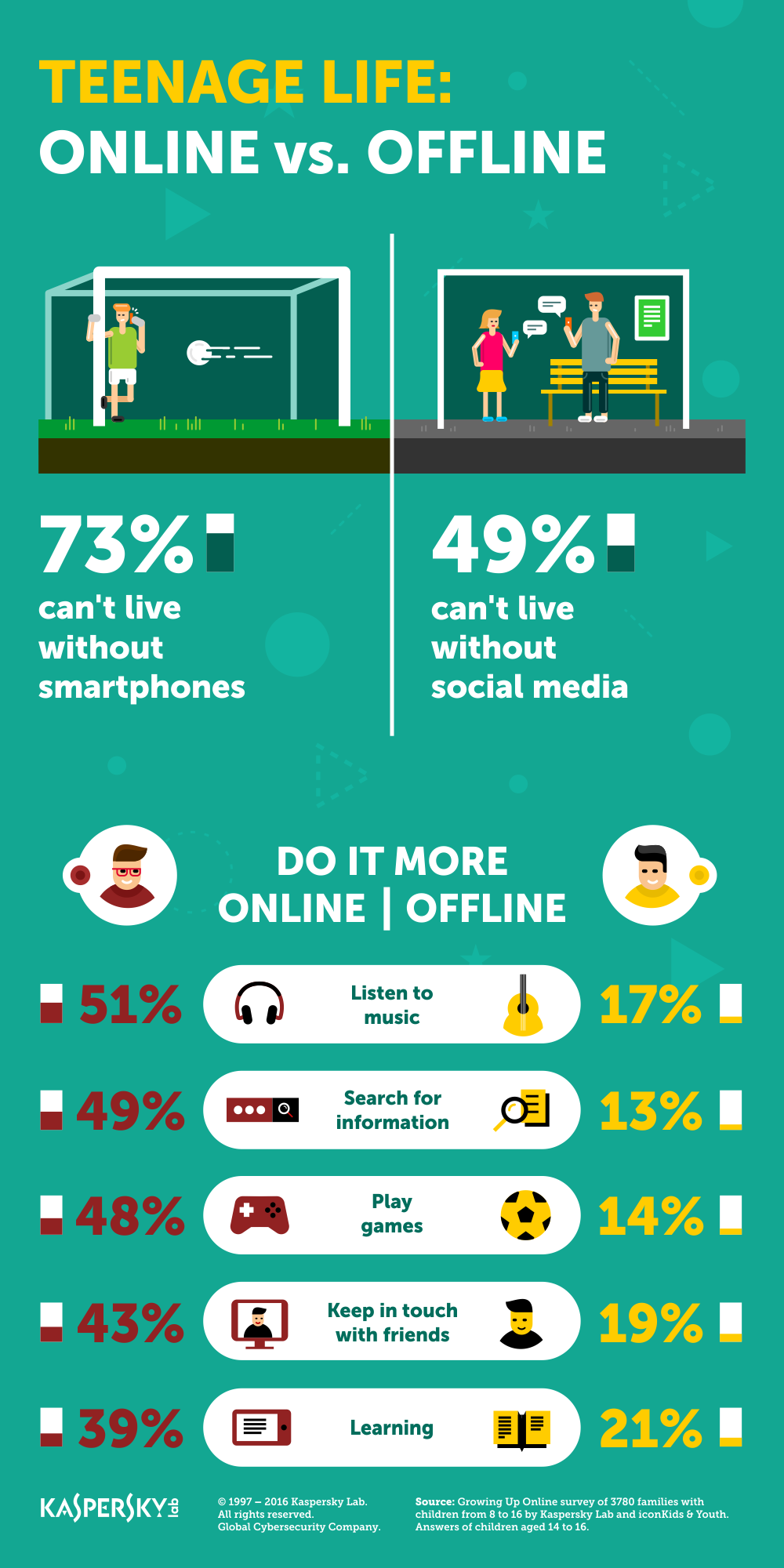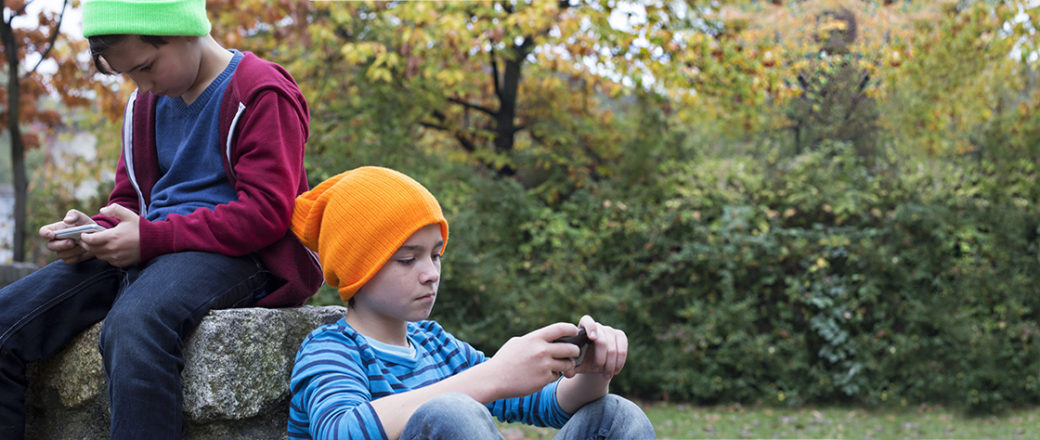Today, we are going to offer a change of pace from our traditional warnings of how dangerous Internet is and even take a step back from our ‘protect your kids’ mantra.
Some food for thought.
The relationships between parents and their children could have been spared some of the issues they face in online lives should they have communicated better and had more of an open conversation. From the parent’s end, this could be an area where they better explain why certain things on the Internet can be dangerous or timely warn children against possible implications of their actions online. For kids it is all about trusting in their parents and feeling welcome to discuss issues or things that they’ve seen online.
However, as logical as it sounds, it’s not that easy in practice. Parents should be ready to establish a working connection with their kids and truly understand the motivation behind their children’s online deeds, their interests and concerns.
Kaspersky Lab has commissioned iconKids & Youth, an agency specializing on working with kids, to conduct a survey on how children use Internet and devices. The research encompassed 3,780 families (one adult and one kid in each) in seven countries. We think the results might help you to define potential issues and solve them.
Talking to kids
First, the researchers tried to understand the kids’ basic needs in terms of Internet and devices. The main question was: which Internet activities are so valuable to you that you won’t be able to sacrifice them in any circumstances?

Some questions concerned communication and were meant to find out the primary and secondary means of communication and whether children prefer to chat online or in real life. Also, experts enquired how many friends kids have on social networks and what they are ready to share with them.
Moreover, we sought to identify where children search for information and which sources they typically trust. We were curious to know how children understand if a certain situation online is dangerous. We tried to find out what situations young respondents had to cope with at a certain time. Also, the experts asked kids whether they consider online life or real life a safer environment to be.
Talking to parents
There were less questions intended solely for parents. We asked them why they decided to give their kid a connected gadget, and enquired on some of their children’s habits (like taking a smartphone into bed, using a device while being with other members of the family, etc.). Also, parents whose kids have been cyberbullied were asked about the outcomes of the situation.
Check out the results of the survey here. We hope this insight will make it easier for you to understand today’s kids and their online habits.
 Kids Safety
Kids Safety





